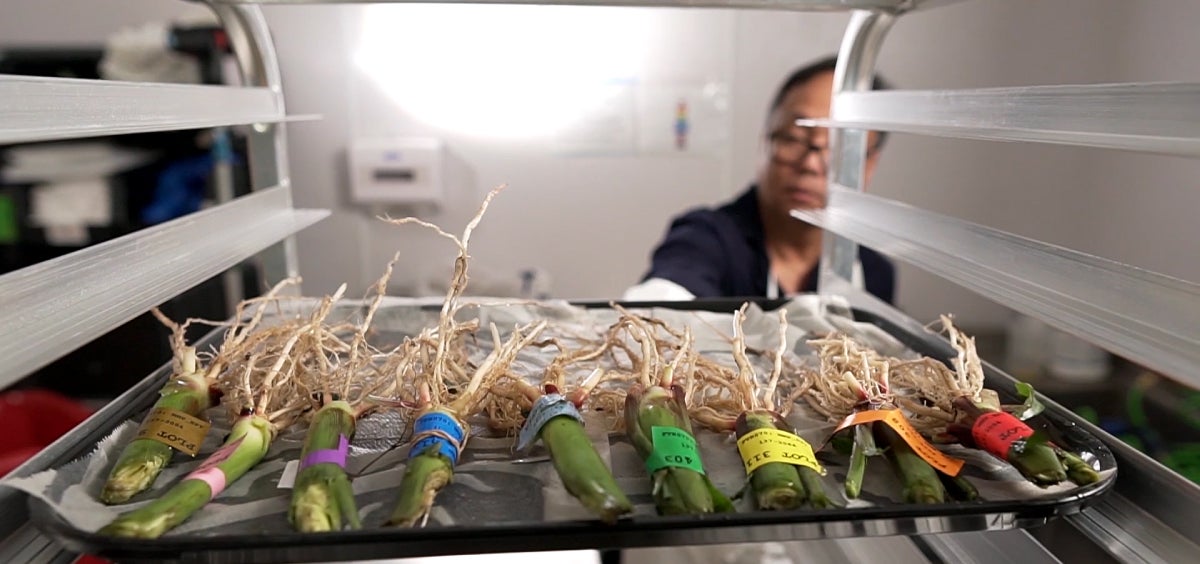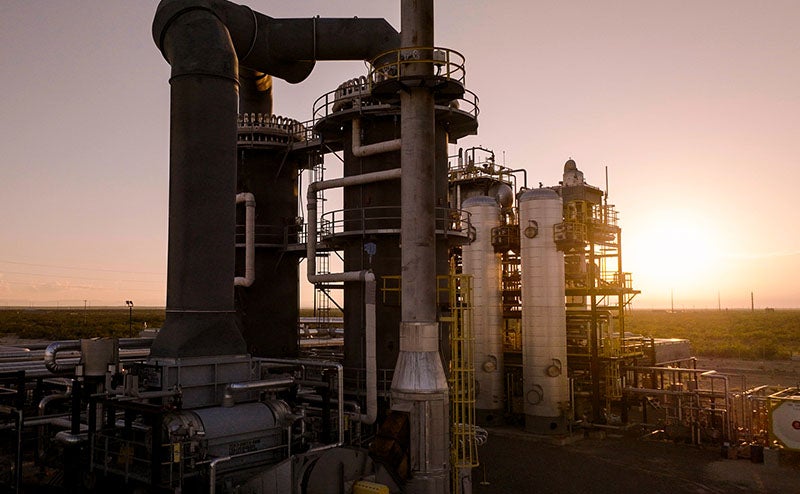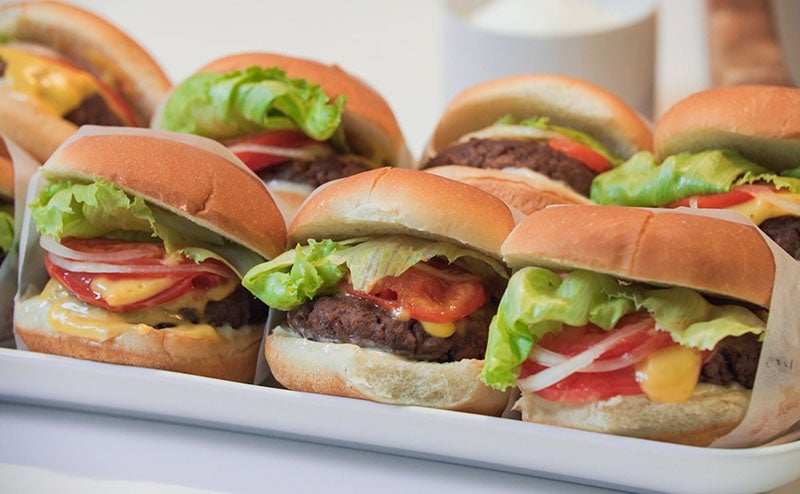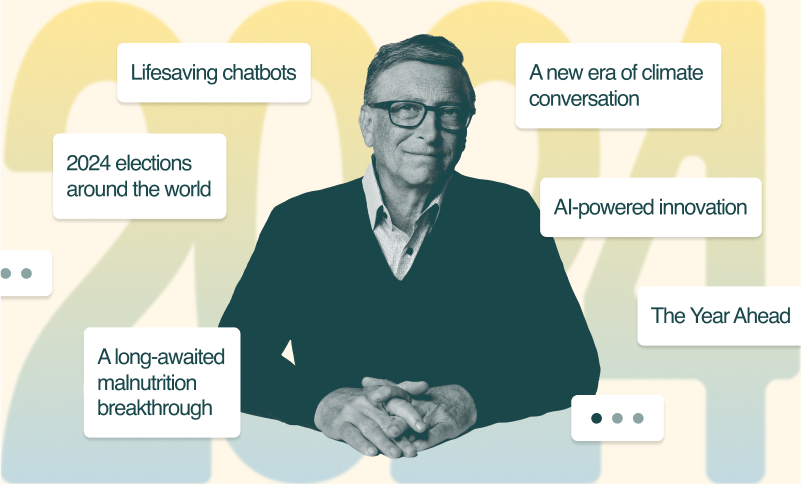At a Harvard University lab, I saw some surprising inventions that challenge our popular images of robots.
I’m done with cow farts.
I’ve written about them several times over the last six months, and I bring them up in polite conversation more than I should. In my defense, I have a legitimate reason: cows, with their burps and farts, are a good example of something that contributes to climate change but isn’t related to generating electricity.
Most discussions about fighting climate change focus on electricity and the need for renewable energy. De-carbonizing the way we generate electricity would be a huge step, but it won’t be enough if we don’t reach zero net emissions from every sector of the economy within 50 years (and make a serious dent in the next ten). That includes the agriculture, forestry, and land use sector, which is responsible for 24 percent of all greenhouse gas emissions—just one percentage point less than electricity.

Gassy cattle are a memorable and significant example of emissions—but they’re not the only major contributor to agriculture, forestry, and land use’s slice of the emissions pie. We’re just as well-off picking on soil.
Here’s a mind-blowing fact: there’s more carbon in soil than in the atmosphere and all plant life combined. That’s not a big deal when left to its own devices. But when soil gets disturbed—like it does when you convert a forest into cropland—all that stored carbon gets released into the atmosphere as carbon dioxide. That’s one reason why deforestation alone is responsible for 11 percent of all global greenhouse gas emissions. (Another reason is that forests and grasslands are natural carbon sinks. Clearing them reduces the planet’s capacity to remove carbon dioxide from the air.)
The microbes in soil can also create greenhouse gases when they come into contact with fertilizer. Synthetic fertilizers revolutionized how we feed the world, but they release a powerful greenhouse gas called nitrous oxide when broken down by those microbes. Natural fertilizers like manure aren’t any better, because they release greenhouse gases as they decompose.
So how do we fight climate change caused by agriculture? We can’t simply get rid of soil—or stop growing crops, using fertilizer, and raising livestock. There are some changes that societies can make—people in level 1 and 2 countries will eat more meat as they move up the income ladder, so people in level 3 and 4 countries could consume less to compensate, for example—but at the end of the day, people need to eat.
That’s why the goal with agriculture is not to reduce the amount created, but to reduce emissions per product. I’m involved with a group called Breakthrough Energy Ventures that is backing a number of creative solutions to tackle the problem. Because every country and every culture approaches food production differently, there are a lot of different ways to do that. Here are some of the ones I find most interesting:
- Microscopic nitrogen factories that replace fertilizer: What if we could fertilize plants without releasing so much harmful nitrous oxide into the air? BEV is invested in a company called Pivot Bio that has genetically modified microbes to provide plants with the nitrogen they need without the excess greenhouse gases that synthetic alternatives produce. Watch this video to learn more about how it works:
- Longer roots that store more carbon: Kernza has developed a new strain of wheat with longer and denser roots, so it can absorb more carbon dioxide from soil. Since traditional wheat is an annual plant and only lasts for one growing season, it has short and relatively fragile roots. Kernza’s seeds produce a perennial wheat with roots that are twice as long as traditional wheat. Plus, its hardier structure creates higher yields for farmers—which in turn leads to less water use, greater climate resiliency, and healthier soils.
- Lab-grown palm oil brewed from microbes: Palm oil has earned its bad environmental reputation: the destruction of Borneo’s forests to build new palm oil plantations resulted in the largest single-year increase in emissions in over two hundred years. But it’s a fixture of modern society, found in everything from food to shampoo. C16 Biosciences has created an alternative to natural palm oil by using fermentation to brew a synthetic version.
- An invisible barrier that helps food stay fresh longer: Approximately one-third of all food produced gets lost or wasted every year. That’s bad for people who don’t have enough to eat, bad for farmers, and bad for the environment. Two companies—Apeel and Cambridge Crops—are working on protective skins that keep food fresh longer. The coating is invisible and doesn’t affect the taste at all.
- Collective crop storage: Not all innovations are technological: Babban Gona is a novel business model in Nigeria that helps farmers hold onto their crops longer. Many Nigerian farmers don’t have facilities to store their crops. They can only move their products right after harvest when the market is flooded with goods, so they sell for a rock-bottom price, or sometimes not at all (Nigeria loses 50 to 60 percent of its food before it even gets to the consumers). Babban Gona farmers go in together to purchase a grain silo. This means they can wait to sell their crops at a more advantageous time—reducing emissions from waste and increasing income at the same time.
There will never be one silver bullet that stops climate change—but I’m hopeful that these innovations and others will chip away at agricultural emissions enough to prevent the worst from happening. (Unfortunately, farmers in places like sub-Saharan Africa are already experiencing the effects of climate change, so we also have to help them adapt).
I wish agricultural innovation got as much attention as the impact on climate change from electricity, because its success is just as critical to stopping climate change. Future changes in income and population may come close to doubling the current environmental impacts of the food system. I believe creative, scalable solutions to this challenge are out there, and now is the time to invest in their R&D.





